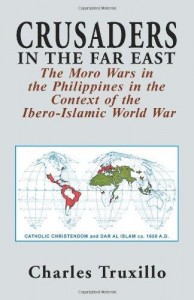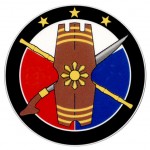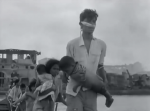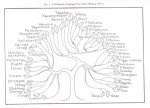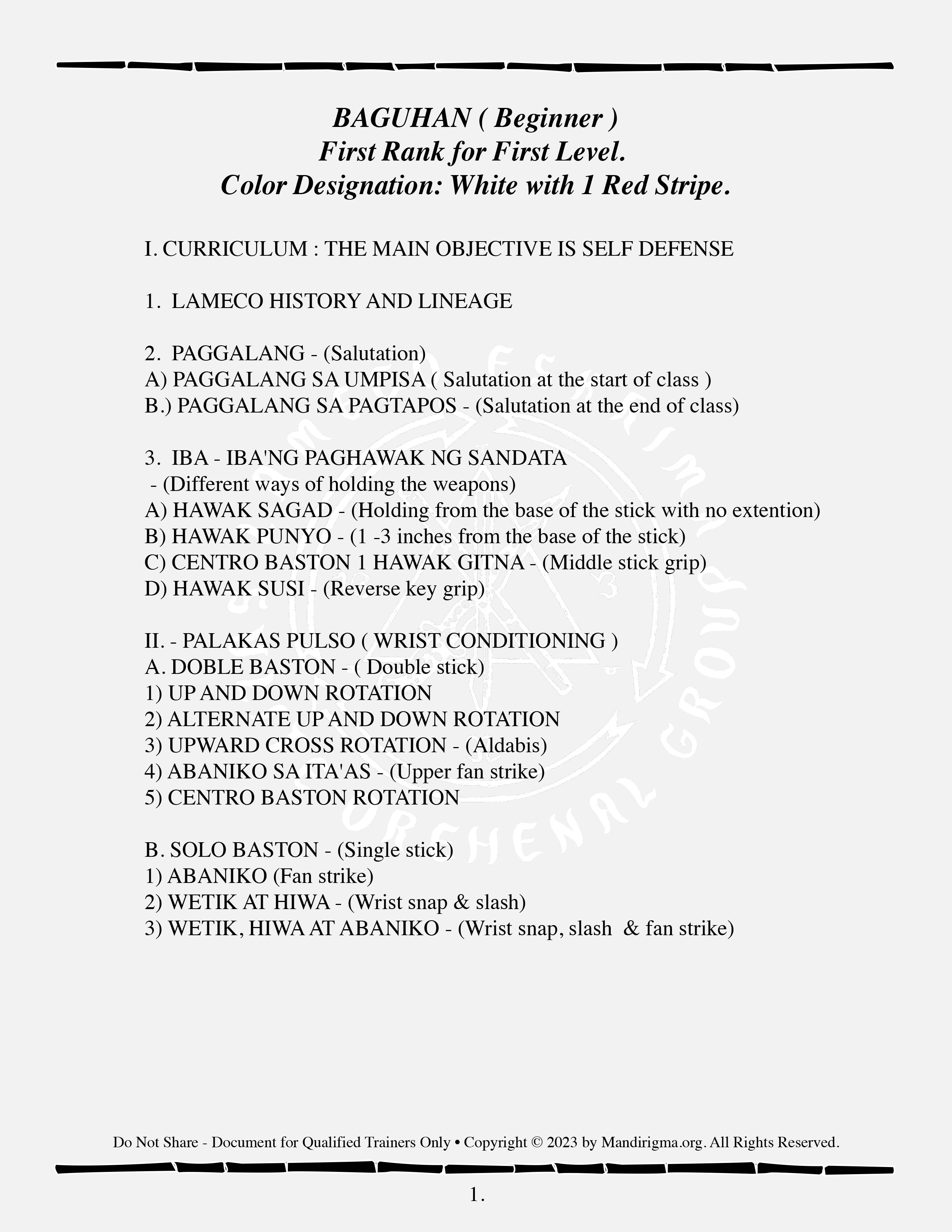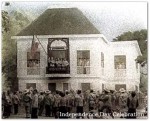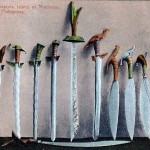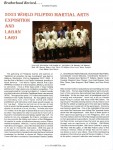Crusaders in the Far East: The Moro Wars in the Philippines in the Context of the Ibero-Islamic World War
By Charles Truxillo
Early modern warfare between Spaniards and Muslims for control of the Philippine Islands was set within the context of the larger Iberian offensive against the Islamic world in the sixteenth and early seventeenth centuries. The struggle was on a global scale from the coast of North Africa to the Southern Seas. Moreover, the antiquity of Christian-Muslim wars in Spain and the flood tide of Counter-Reformation Catholic and Sufi-Islamic expansions in the sixteenth century gave special significance to theconvergence of these factors in the Philippines. The contemporary resurgence of Islam and the continuing rebellion of the Moros in the southern Philippines makes this study relevant to modern concerns.
This survey will establish the circumstances of the Ibero-Islamic World War in the context of traditional, pre-modern societies on the verge of modernity. Change in the nature of historical action was represented during the sixteenth and seventeenth centuries, not by Spain and Portugal or any Islamic society, but rather by Holland and later England. The Iberian and Islamic participants of the first global conflict will appear to be traditional societies involved in geo-political circumstances beyond their capacities as pre-modern, agrarian-based, citied peoples. The Moro Wars in the Philippines represent the closing of an older world in Island Southeast Asia; the demise of Iberian dreams of an oriental empire, and the halting of a thousand years of hemisphere-wide Islamic expansionism. Modernity was the outcome of the seventeenth century’s technical-capitalist revolution which established the enlarged political franchise of Northern Europe. These developments, in turn, were the instruments of European world domination in the nineteenth century. During the twentieth century, modernization has evolved non-Western European forms, spreading to Russia, Eastern Europe, Turkey, India, and the Far East. In contrast, the majority of Hispanic and Islamic societies remain underdeveloped, seemingly transfixed by the accomplishments of the past. The legacy of the Ibero-Islamic World War is still manifest in the charismatic politics, military governments, religious agendas, landed aristocracies, literary educations, patrimonial families, and masculine styles of most Muslim and Latin American societies.
